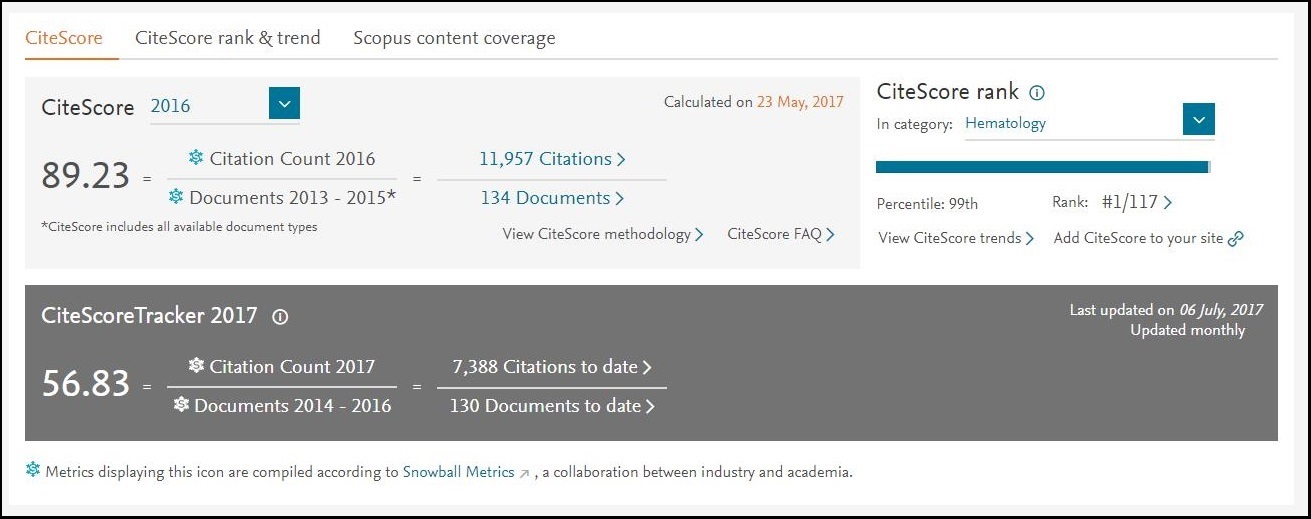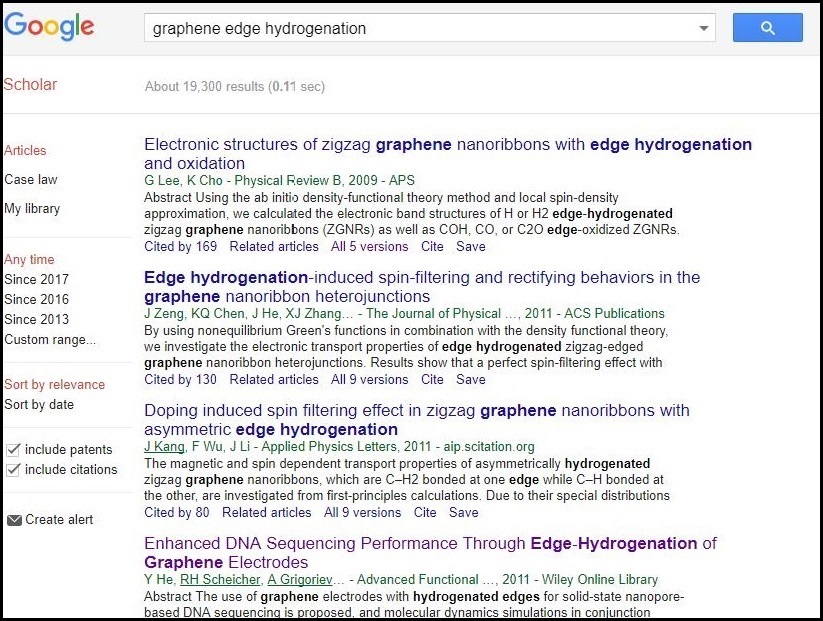Tools and Resources to help you with your Literature Search
The ability to search effectively for literature is an important skill for any academic researcher, regardless of the stage of your career. Knowing how first to approach the search is key, but so is knowing which tools are available to you to make the process easier. Let us look at some tools you can use to access academic papers. Note that there is no right or wrong way; everybody just has their own preferential approach.
Scopus
Scopus, run by Elsevier, is one of the largest known publication databases and is even used to index papers as per their quality. So, finding papers through Scopus is worth a search as it contains over 22,000 papers from over 5000 institutions. However, it does require you to sign up to use it.
You can search through most means, whether you want to search by title, keywords or author (there’s also a dedicated author search function). You can filter papers by year and even pull up the statistics such as citation levels/score to assess whether the paper is in a reputable journal.
If you are concerned about paywalls (and see later sections in this article), Scopus also has an option of displaying open access (OA) journals only. So, this will show all papers which don’t require payment, or an authorization account, but naturally, the amount of papers will be less.

Example of the citation metrics available on Scopus
Web of Knowledge/Web of Science
Web of Knowledge (WOK), and its Scientific off-shoot Web of Science (WOS), again has a particularly large database that also started off by being a citation index. It is now a citation platform hosting many papers run by Clarivate Analytics.
WoS allows the user to access multiple databases, which link back to their original source. Given that its ownership is through an analytics company, it allows the user to be able to access citation indexing alongside other features such as the influence, impact, history and methodology of a paper/journal, so it can be a useful way of identifying established and reputable journals.
To use WoS, you are also required to log in, otherwise none of the features are available to you. Many academic scientific departments have an affiliation with WoK/WoS, so, if you happen to be a part of one, accessing this database should not be an issue.
It is no small fact that Google is now a fundamental part of our everyday lives, from finding out about someone to looking on a map and even helping to find academic literature. If you don’t want to spend a lot of time searching through various databases, a quick Google search will yield the top (and in theory, the most relevant) results.
Tip: Bear in mind that a Google search will only display so many options, and you may have to be very specific. However, putting some key words in quotation marks (“”) will certainly help as Google shifts focus to that term or phrase.
A quick Google search can give a good indication of what’s out there without the need to trawl through a large database. If you do find papers through Google, often they will be from big journals such as Nature, Science, Cell Press, ACS and RSC, so will most likely be behind a paywall. So, unless you have an Athens or other authorization account that allows you to access paywall journals, then you need another route, such as Google Scholar.
Google Scholar
Google Scholar can help to not only find relevant papers (and patents), but to also access papers behind a paywall. It works by finding the correct paper and giving you a number of sources to choose from, some of which include downloadable and non-payable versions of the paper, commonly from sources such as ResearchGate and arXiv. If you do have such a login, then getting behind the paywall is no issue as your account to your affiliated institution covers it.
To see other versions, click 'All ‘x’ Versions'. In some cases, a PDF link will be shown at the side to view and download. This method can be used in conjunction with the other databases, because if you can’t access a paper on one of the other sites, there is a chance you may be able to through this approach.

Google Scholar upon a simple search; note the available PDF files at the side
However, whilst it is a useful method, not all papers have a downloadable alternative. On average, around seven out of 10 do, but this is an estimation based on our experience and not a validated statistic. However, some journals (commonly Elsevier and ACS journals) do not have any alternative ones available.
Regardless of the journal, it is on a paper-by-paper basis, as many researchers will upload their own papers to ResearchGate, making them accessible to a wider audience. This is obviously not relevant for OA journals, which require no payments and can be downloaded from the publisher’s site without cost.
Google Scholar also possesses a list of the top 100 journals for citations, allowing you to identify the top journals to construct your manuscript around (if the fields are applicable).
Other resources to access papers
There are other ways to access papers:
- Email or send a LinkedIn message to the researchers directly.
- Sign up to ResearchGate and monitor publication output; there is even a request function on ResearchGate for papers.
- Sign up to a journal of interest, although this would be expensive if not backed by your institution/research grant.
- For health/medicine related papers, search through the National Institutes of Health (NIH) site as they have a dedicated publication database.
- Search in PubMed Central (PMC), which includes papers from NASA’s publicly available research, NASA PubSpace.
- Ask around connections if they have a specific paper, or have access to it.
- Look in your university library, searching for both digital information and physical copies.
- Look for conference papers and short reviews, because even though they are much shorter in nature, they can contain very useful and usable information.
- Smaller OA journals are not always on these databases, so Google or LinkedIn searches can help to identify other ‘under-the-radar’ journals.
Maximise your publication success with Charlesworth Author Services.
Charlesworth Author Services, a trusted brand supporting the world’s leading academic publishers, institutions and authors since 1928.
To know more about our services, visit: Our Services